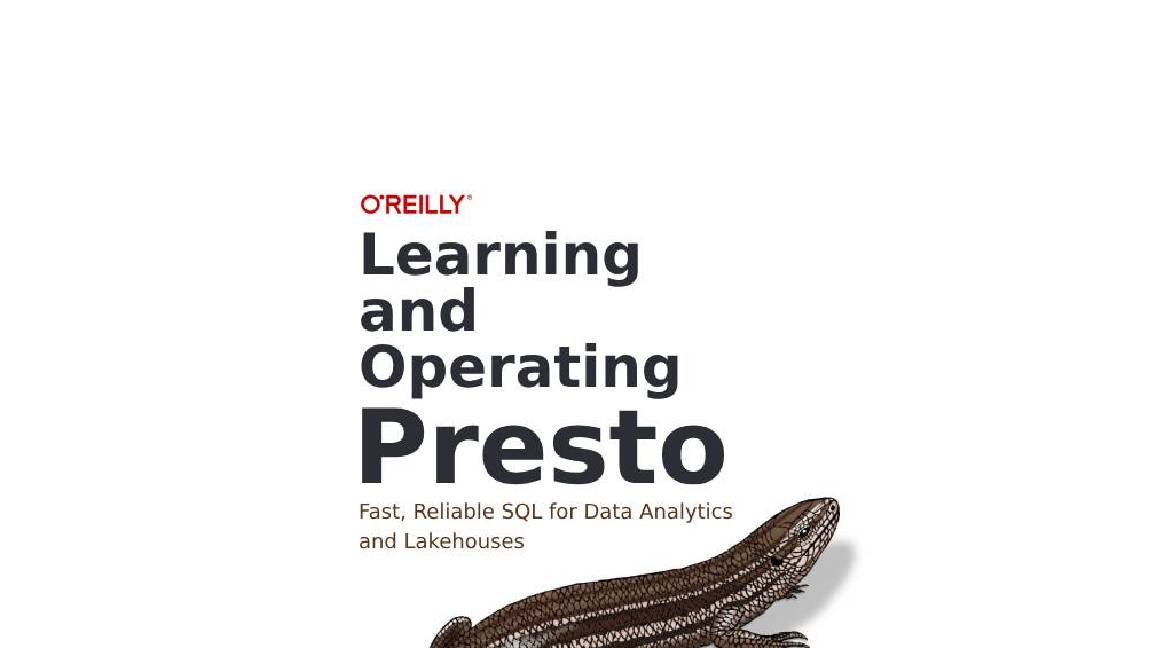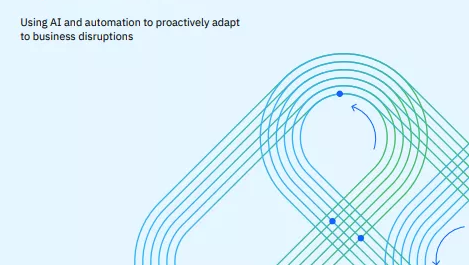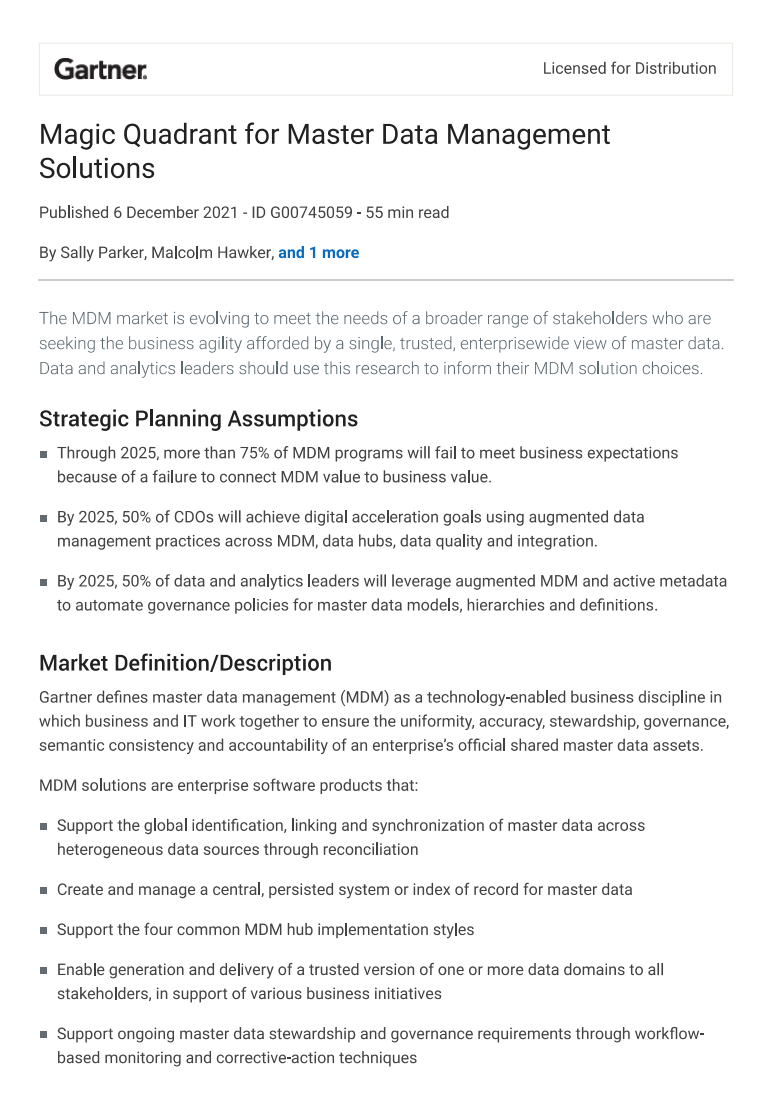COVID-19 and Brexit are rendering AI models redundant
The degradation of accurate data has forced most UK data leaders to rethink their business strategies


Data changes that have arisen as a result of the coronavirus pandemic have rendered many artificial intelligence (AI) models useless, with UK data leaders forced being forced to rethink their modelling approach.
Approximately three-quarters (76%) of UK data leaders believe the AI models they use have been rendered redundant due to the changes in datasets that have naturally arisen during the coronavirus pandemic, according to research by Big Data LDN.
Changes to how accurate data may be has also forced more chief data officers into stating that data quality was a key focus, rising from 41% last year to 55% in the latest survey of 250 influential data leaders.
The disruption is also likely to continue with the UK’s withdrawal from the European Union, with two-thirds of UK data leaders demanding more clarity on how the changes in data-sharing practices will affect them from January. The majority (72%) of retail organisations fall into this bracket, following 66% of public sector and insurance and financial services organisations.
Without a form of adequacy agreement, or the appropriate terms in a trade deal, data transfers between the EU and the UK are likely to be severely disrupted. The nature of the withdrawal will see the UK relegated to third-country status as far as GDPR is concerned, too, unless an agreement is reached.
“As the UK’s data leaders map out the future in a data-driven world, skills play a vital role. COVID-19 has presented challenges to the way the UK data economy works,” said Big Data LDN founder, Bill Hammond. “With smaller teams having to do more with less, the question of the UK’s leadership in the Fourth Industrial Revolution is, for the first time, unclear.
“Data professionals are watching intently as data becomes the battleground for competing global nation states. UK businesses are losing trust in Governments, favouring major cloud players in their stead.”
Sign up today and you will receive a free copy of our Future Focus 2025 report - the leading guidance on AI, cybersecurity and other IT challenges as per 700+ senior executives
The research also found that trust in data regulators, including the Information Commissioner’s Office (ICO), has fallen over the last year, although the main reasons haven’t been specified. General distrust in data is likely to be caused by the hurried introduction of processes such as contact tracing, with concerns over the way in which businesses are required to collect and process data.
The size of data teams, and the amount of work they can do, has changed significantly as a result of COVID-19, meanwhile. Three-quarters (76%) of respondents working in the public sector suggested they had to downsize their in-house data teams, against the average of 65% of data leaders across the board reducing their teams.

Keumars Afifi-Sabet is a writer and editor that specialises in public sector, cyber security, and cloud computing. He first joined ITPro as a staff writer in April 2018 and eventually became its Features Editor. Although a regular contributor to other tech sites in the past, these days you will find Keumars on LiveScience, where he runs its Technology section.
-
 Learning and operating Presto
Learning and operating Prestowhitepaper Meet your team’s warehouse and lakehouse infrastructure needs
-
 Four ways AI is helping knowledge workers excel
Four ways AI is helping knowledge workers excelCase Study From medical diagnostics to mining and exploration, many industries are using AI to make their workers more effective
-
 How to help IT manage itself with autonomous operations
How to help IT manage itself with autonomous operationsWhitepaper Using AI and automation to proactively adapt to business disruptions
-
 Green Quadrant: Enterprise carbon management software 2022
Green Quadrant: Enterprise carbon management software 2022Whitepaper Detailing the 15 most prominent carbon management software vendors to see if they fit your requirements
-
 insideBIGData: Guide to energy
insideBIGData: Guide to energyWhitepaper How big data can help energy companies manage intense disruption
-
 Machine learning vs statistics: What’s the difference?
Machine learning vs statistics: What’s the difference?In-depth Both machine learning and statistics involve collecting datasets, building models and making predictions, but they differ in approach
-
 Magic quadrant for master data management solutions
Magic quadrant for master data management solutionsWhitepaper Informing your MDM solution choices
-
 Kyndryl partners with Teradata to boost AI and data modernisation
Kyndryl partners with Teradata to boost AI and data modernisationNews The new service combines Kyndryl’s data and AI expertise with Teradata’s cloud analytics platform to help customers migrate data to the cloud

